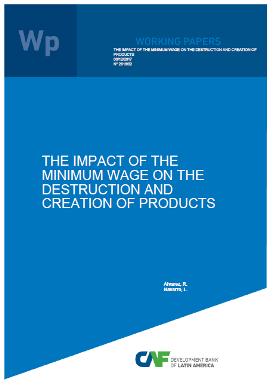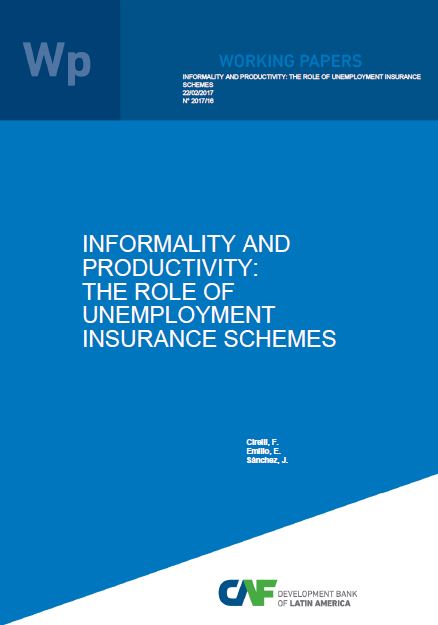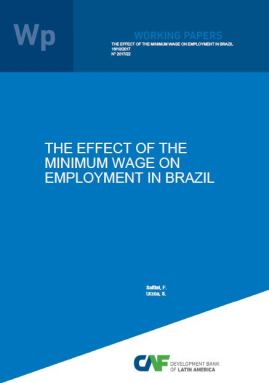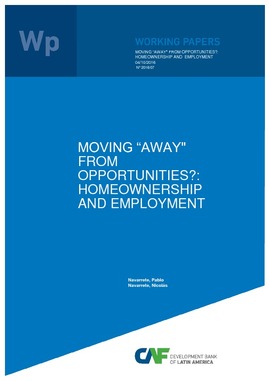The impact of the minimum wage on the destruction and creation of products
Resumen
We study the impact of changes in the legal minimum wage on the creation and destruction of products at the firm level. This can be a relevant way for increasing firm productivity and for explaining why the raises in the minimum wage may have minor effects on employment. Our identification strategy exploits as a quasi-experiment a large and 3-year predetermined increase in minimum wages during 1998-2000 in Chile and the differences in products exposure to these changes. Our main results indicate that increases in the minimum wage raise the destruction of products that are more unskilled labor–intensive and that augments the introduction of products that are more intensive in skilled workers. The impact is economically relevant. An annual nominal increase of about 10% in the minimum wage as occurred in this period increases the probability of dropping unskilled labor products in 5 percentage points and reduce the probability of creating unskilled labor products in 3.3 percentage points. Our results are robust to sample selection issues, to the introduction of controls for potential confounding factors and to the consideration of
alternative definitions of exposure.
Materia
País / Región
Fecha
2017-12-06Citar de esta publicación
Item perteneciente a la Colección
Autor
Álvarez, RobertoNavarro, Lucas
Items Relacionados
Informality and Productivity: The Role of Unemployment Insurance Schemes
We study the design of optimal unemployment protection schemes to evaluate its impact on labor markets, welfare and productivity. We consider a life-cycle ...
The Effect of the Minimum Wage on Employment in Brazil
During the economic boom of the early 2000s, most Latin American countries increased their minimum wages. In Brazil, the real minimum wage increased by ...
Moving “away" from Opportunities?: Homeownership and Employment
Homeownership is promoted by the majority of OECD member countries. Nevertheless, the impact that owning a house can have on employment levels is not ...






